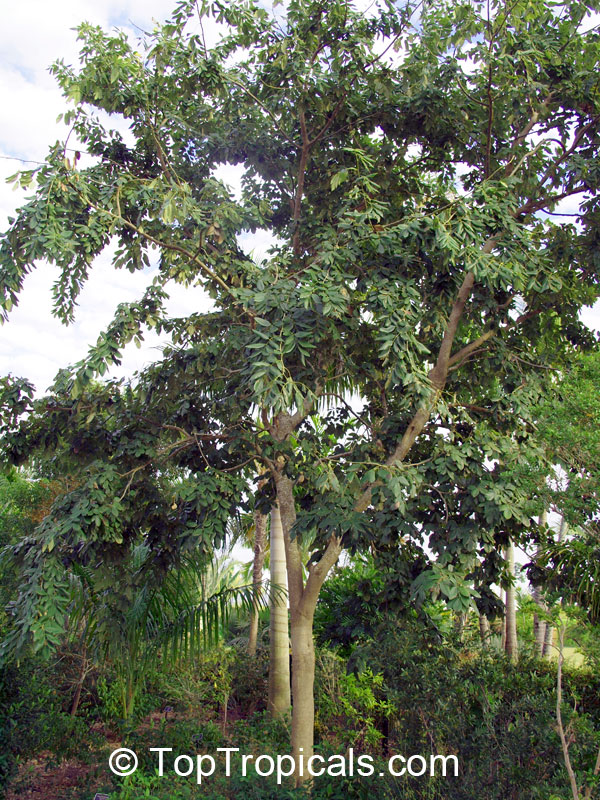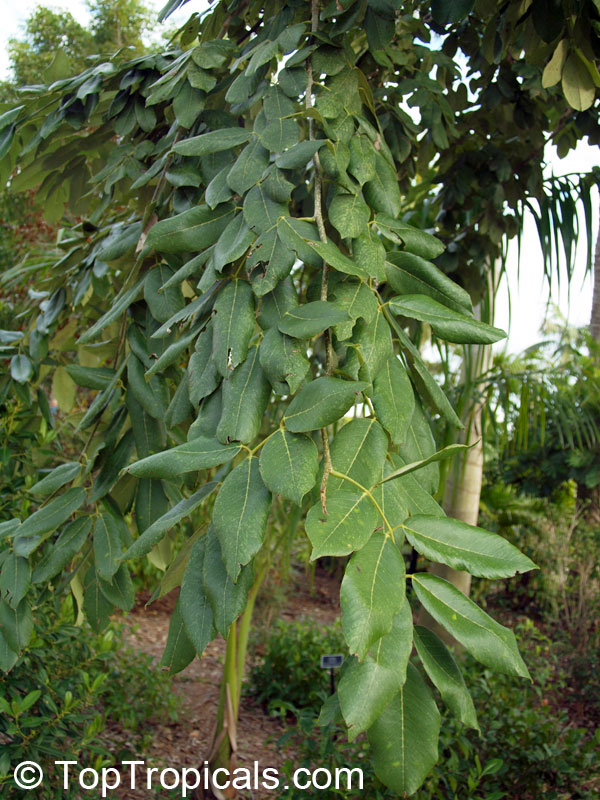Piscidia piscipula (Jamaica Dogwood)
Botanical name: Piscidia piscipula
Common name: Jamaica Dogwood
Family: Fabaceae
Subfamily: Faboideae
Origin: Central America









Piscidia piscipula, Jamaica Dogwood, is native to Central America and is a small tree, reaching heights of 10-20 feet. It is a popular ornamental specimen tree, with its pink flowers and foliage that attract butterflies and hummingbirds. Jamaica Dogwood is an ethnomedical plant, with its roots to be used for medicinal purposes.
Jamaica Dogwood tolerates full sun and regular irrigation, but is not as robust as other species in its class. The tree does not require a great deal of water and can even withstand the occasional dry spell. Its moderate water requirements make it a great choice for those living in dry climates with limited water resource capabilities.
Due to its moderate salt water tolerance, Jamaica Dogwood can be grown near seaside areas, and can even tolerate saline soils. Therefore, it can be grown in USDA Zones 9-11. Plant care in a pot in cold regions should be taken as the tree can survive in colder climates, but may need to be provided with extra insulation.
Jamaica Dogwood can be used as an accent tree in coastal locations, as it is somewhat protected from direct salt spray by other vegetation. If planted in a seaside location, provide the tree with protection from salt spray. The tree is also poisonous or toxic, so provide children and animals with a bit of extra caution around the tree.

